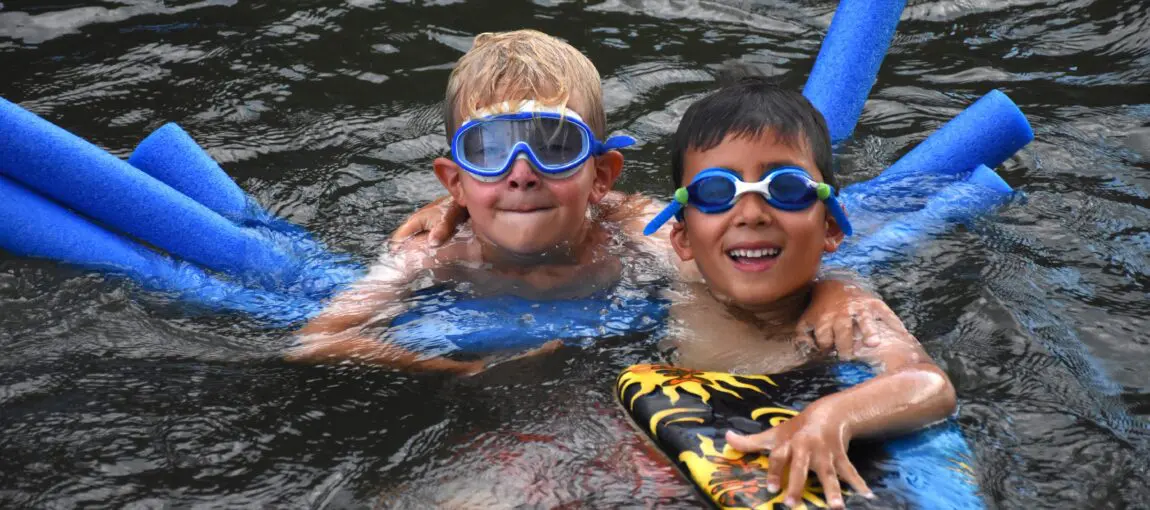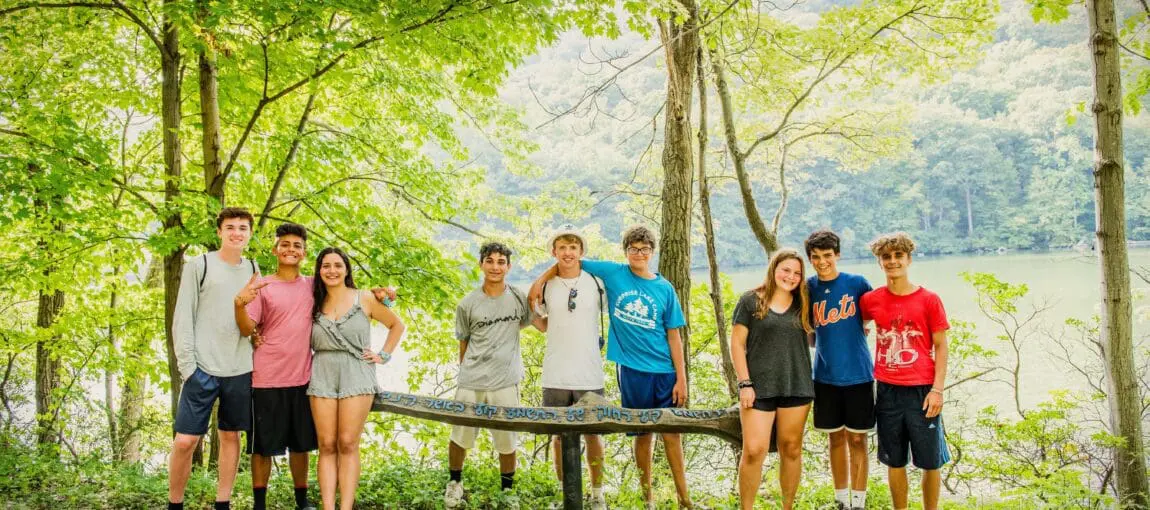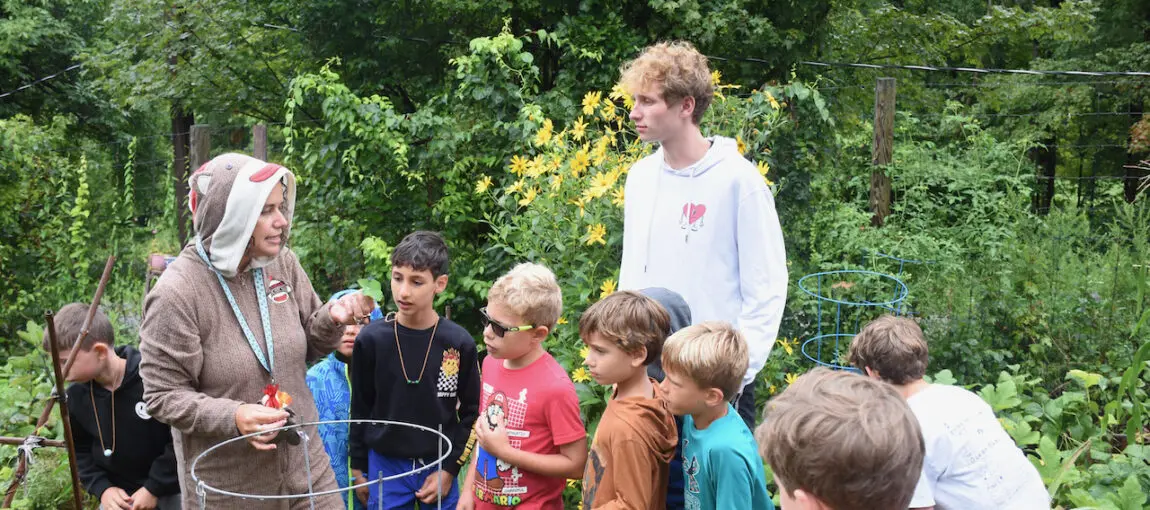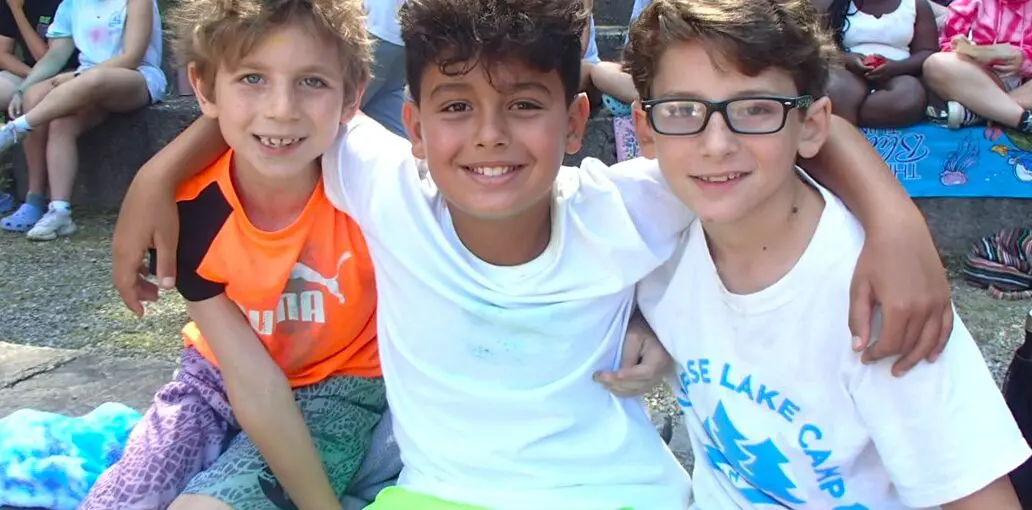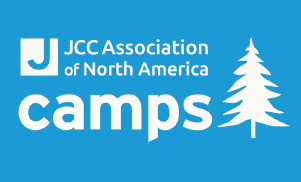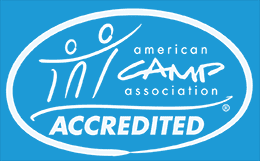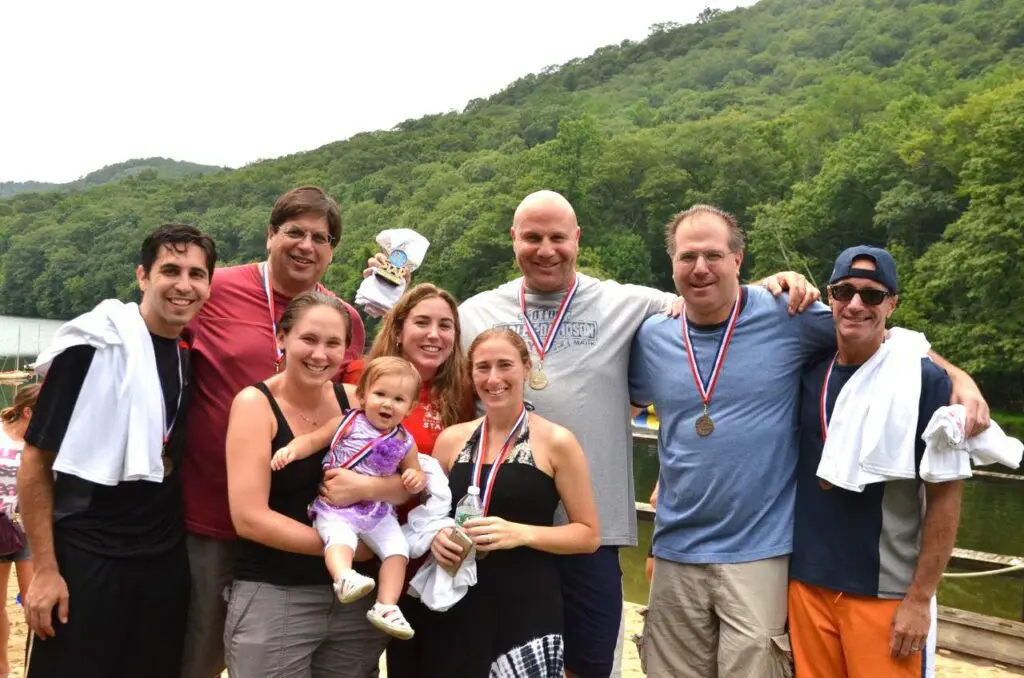
Camp Through the Generations: A Family Tradition
If you’ve ever sent your child to summer camp or thought about doing so, you may not realize that you are participating in a long national tradition that has been passed down through the centuries. That’s because sleepaway camps offer children and teens a wide variety of valuable life experiences, and throughout history, many families have embraced them as part of their own tried-and-true way of raising children. Here’s what you need to know about the history of camp and why it’s such a beloved part of our heritage.
Summer Camps: An Old American Tradition
In order to understand going to sleepaway camp as a family tradition, it helps to understand it first as one of the most time-honored American traditions. The history of summer camps began during the Civil War era, possibly with well-known abolitionist and camp founder Frederick W. Gunn. During this period, many American families moved to large cities for work. However, they valued the outdoors as ideal for building strength and masculinity, so the upper classes sent their sons to summer camps to promote healthy development.
Camp in the Early 1900s
Summer camps grew increasingly popular throughout the 1900s. Middle-class boys began attending them too, and girls began to be included by World War I. Originally, sleepaway camps were designed to build domestic skills and good morals, but soon showed potential for instructing children of various demographics in the ways of their specific religions and cultures. After World War II, they were viewed more as a way of preserving children’s innocence, and camp programming included more arts, crafts, and playtime.
Camp in the Late 1900s and Early 2000s
In the mid-twentieth century and onward, camps took on a modernized focus and included more sports and recreational activities in addition to survival skills and safety training. With the arrival of the internet, computers, and mobile devices in the late twentieth and early twenty-first centuries, the value of sleepaway camps came full circle. Parents once again view them as healthy ways for their children to (literally) unplug from tech and urban life, get exercise, make new friends, and reconnect with nature.
In each period of US history since the late 1800s, families have been sending their children to summer camps for various reasons, but one remains universal. Americans value camp as a place for their children to learn, grow, and have fun in a natural setting. Although camp experiences have looked different from era to era, going to sleepaway camp is a cherished American tradition that will doubtless continue for generations to come.
Why Families Send Their Kids to Camp Through the Generations
Camping wouldn’t be such a time-honored American practice if it weren’t passed down through family trees. Here are some of the reasons families send their children to camp each year:
Family bonding experiences. Family members who attend sleepaway camp can share their experiences and wisdom with the next generation, which makes for good bonding opportunities and adds an important common thread to a family’s identity. Family camping traditions work particularly well for uniting older and younger siblings, who otherwise may not get along well or may feel they have little in common.
Fostering independence and resilience. Going away to camp is a rite of passage that teaches children how to function by themselves and in groups away from home and their parents. This builds kids’ independent thinking skills, self-reliance, and personal accountability, since their parents can’t make choices for them. Because camp offers a safe, supervised environment in which children can learn to stand on their own, it’s a healthy tradition for any family to establish.
Making community connections. Sleepaway camps offer the kinds of opportunities that can’t be found at home, such as making new friends and learning to make a place for oneself in society. Although they were first designed as escapes into nature, today summer camps operate as microcosms of civilization. Kids meet new people, make friends, resolve conflicts, and learn to become good roommates, neighbors, and citizens. In short, camps help families prepare each generation for entry into society.
Preparation for adulthood. In addition to building independence and resilience, sleepaway camps help kids build skills that will serve them well in their adult careers and relationships. Although most people associate summer camps with wilderness skills, camp programs also teach abilities related to teamwork, creativity, problem-solving, religious and cultural awareness, and more.
Start a New Family Tradition With Surprise Lake Camp
Surprise Lake Camp is a nonprofit organization that provides a home away from home for generations of young people. We believe in the value of community and friendship. Our Jewish values and identity shape our connection to nature. We’re dedicated to helping young people unplug, grow, and develop values, confidence, and skills to last a lifetime, adding to SLC’s storied history as the nation’s longest-running Jewish sleepaway camp.
When you make a charitable gift to Surprise Lake Camp, you give children life-changing experiences. Partner with us to provide campers confidence, growth, friendships, and Jewish identity. Donate today!


